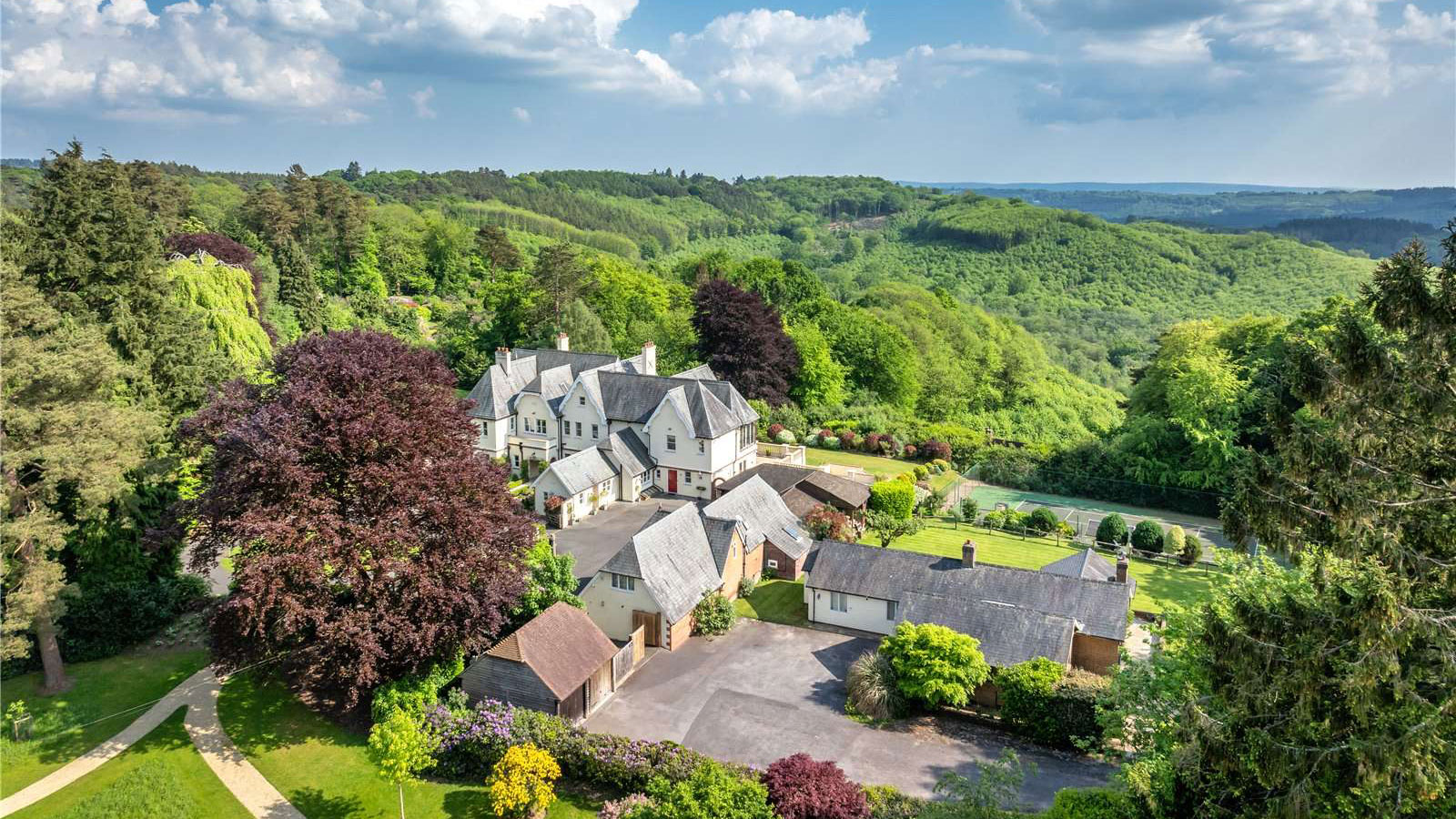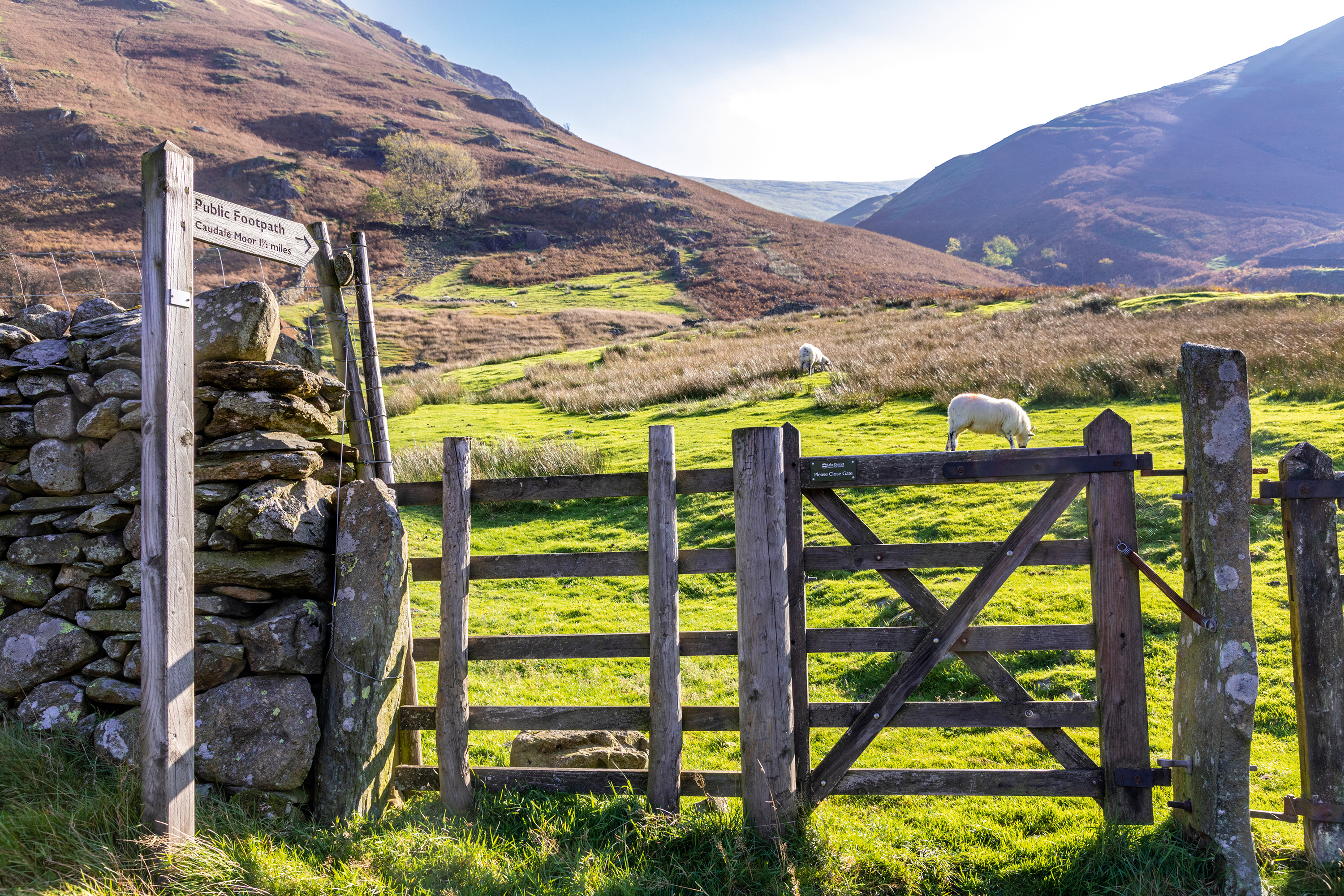Book Review: The Hills of Tuscany
Ferenc Máté's tragicomic attempts to find and purchase his dream property in Tuscany make for an entertaining read

The Hills of Tuscany, by Ferenc Máté
The author - born in Transylvania, fled to Hungary, fled to America - and his Irish-American wife, Candace, are wanderers. And their travels brought them to Tuscany where Máté, with a bit of indecision from his wife, tried to find the perfect farmhouse. Their search was full of drama, comedy, tragedy (the perfect house of which only 3ft of walls remained in their case) and farce.
But, in the end, the pair find La Marinaia, The Sailor's Wife, the Tuscan house of their dreams (you always do, there are plenty of them) and, with assorted estate agents, work out the cost in millions of lire by drawing figures in the dust of the car bonnet. It all rings so true: the pair try to prise a codice fiscale (a sort of identity-card-cum-tax-number) out of an official who declares it is absolutely impossible. So they reveal they are journalists (a useful trick anywhere but a war zone) which causes the bureaucrat to reconsider. As Máté writes, the thing is then as good as done.
Unlike the grey men in suits, the Tuscan peasants come up trumps: little packets of goat cheese are brought by shy children; the pair join a family feast (when is it going to stop?) and help with the harvest. They avoid the giant supermarkets and chase the baker down narrow streets to find his shop and experience Tuscan village shopping - which is equivalent to grand opera in its noise, gestures and unlikely plots.
The book is funny, full of Italian expressions, often not translated, but you get the idea, and true to life. Nowhere are the Italians patronised. The only question I have is where did Máté find his junk shops?
Sign up for the Country Life Newsletter
Exquisite houses, the beauty of Nature, and how to get the most from your life, straight to your inbox.
Country Life is unlike any other magazine: the only glossy weekly on the newsstand and the only magazine that has been guest-edited by HRH The King not once, but twice. It is a celebration of modern rural life and all its diverse joys and pleasures — that was first published in Queen Victoria's Diamond Jubilee year. Our eclectic mixture of witty and informative content — from the most up-to-date property news and commentary and a coveted glimpse inside some of the UK's best houses and gardens, to gardening, the arts and interior design, written by experts in their field — still cannot be found in print or online, anywhere else.
-
 Six rural properties with space, charm and endless views, as seen in Country Life
Six rural properties with space, charm and endless views, as seen in Country LifeWe take a look at some of the best houses to come to the market via Country Life in the past week.
By Toby Keel
-
 Exploring the countryside is essential for our wellbeing, but Right to Roam is going backwards
Exploring the countryside is essential for our wellbeing, but Right to Roam is going backwardsCampaigners in England often point to Scotland as an example of how brilliantly Right to Roam works, but it's not all it's cracked up to be, says Patrick Galbraith.
By Patrick Galbraith